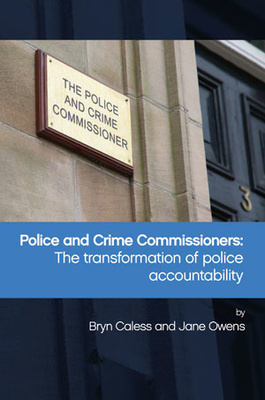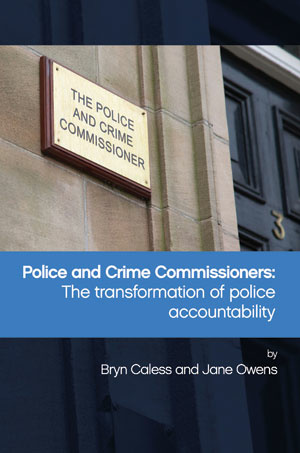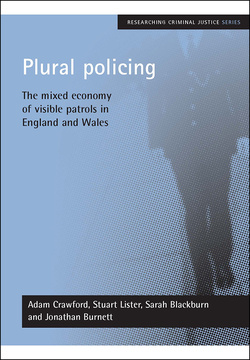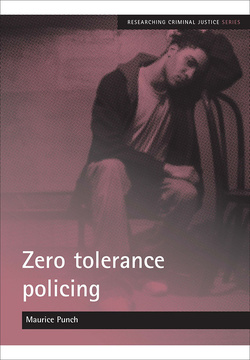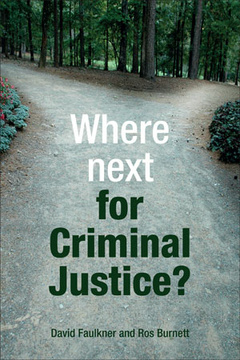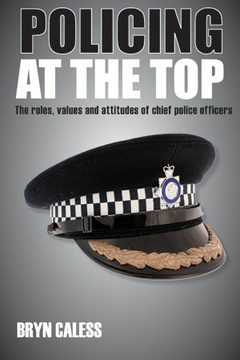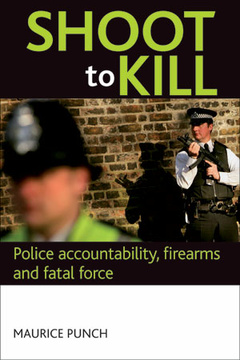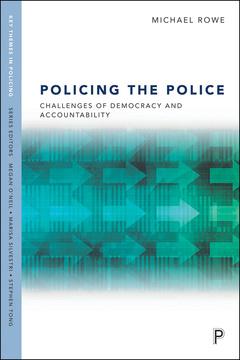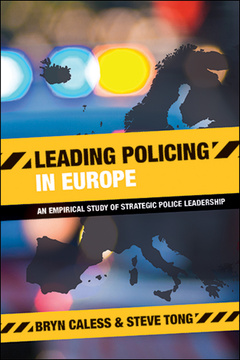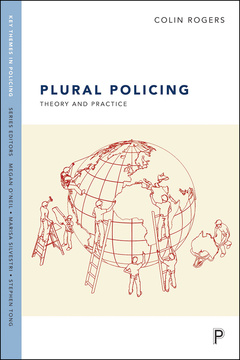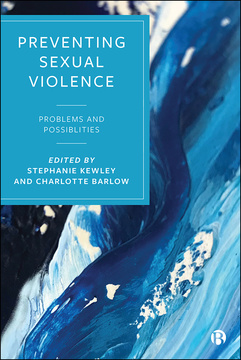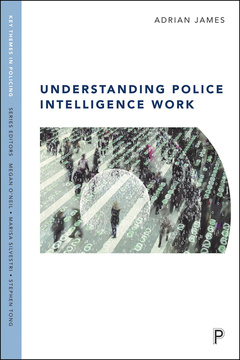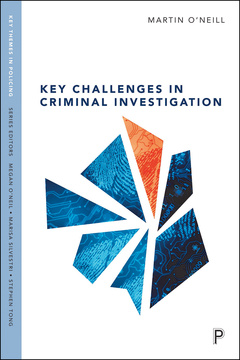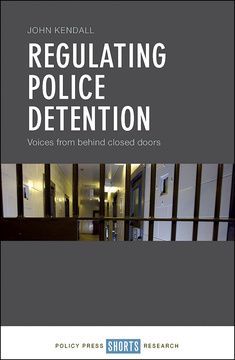Police and Crime Commissioners
The Transformation of Police Accountability
By Bryn Caless and Jane Owens
Published
Mar 30, 2016Page count
256 pagesISBN
978-1447320708Dimensions
234 x 156 mmImprint
Policy PressPublished
Mar 30, 2016Page count
256 pagesISBN
978-1447320692Dimensions
234 x 156 mmImprint
Policy PressPublished
Mar 30, 2016Page count
256 pagesISBN
978-1447320739Dimensions
Imprint
Policy PressPublished
Mar 30, 2016Page count
256 pagesISBN
978-1447320746Dimensions
Imprint
Policy PressPolice and Crime Commissioners (PCCs) are elected representatives whose role is to ensure that police forces in England and Wales are running effectively. Intended to bring a public voice to policing and hold the police to account, the holders of this controversial role also control budgets and strategic planning.
Bryn Caless and Jane Owens obtained unprecedented access to the PCCs and their chief police officer teams and undertook confidential interviews with both sides. The results reveal the innermost workings of the PCCs’ relationships with the police, media, partners and public. The authors analyse the election process (in which PCCs polled the lowest local mandate ever) and consider the future of this politically-contested role. Examining the PCCs’ impact on policing, this fascinating book makes essential reading for Police Crime Commissioners, chief officers, police officers, police trainers and academics, students and researchers in criminology and policing.
Bryn Caless specialises in elite studies of policing and police accountability. He has written Policing at the Top, (2011) on chief police officers in England and Wales, and, with Steve Tong, a companion study of police leaders in Europe (2015). This is his third book for Policy Press.
After a varied career as a police officer, Jane Owens now lectures at Canterbury, Christ Church University. Her research interests include neighbourhood policing, police governance and ‘private’ policing.
Governance: the Police & Crime Commissioner and police accountability in context;
The psephology of the November 2012 election: motive, means and opportunity;
Is the law on my side?: relationships between the PCC and the chief police officer team;
Partners, Colleagues, or rivals for oversight? The (PCC) art of making friends and influencing people;
'Putting yourself about': PCCs, the media and the public;
The debate with no end: PCCs’ remit and the problems of policing;
'I wonder if the game is worth the candle': PCCs, their ‘work-life balance’ and their future.







